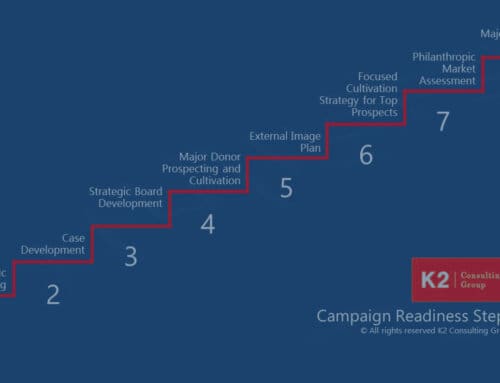“I don’t wanna die. I’d rather dance my life away.”
Prince died without a will.
It’s hard to believe for a man with such business savvy, surrounded by teams of lawyers and business managers.
It’s more regrettable for a man with compassion who understood some of the grimmest realities of life. Had he given thought to how his posthumous philanthropy — the love of humankind — was as much an expression of him as his music, I can’t help but wonder what he might have made possible.
Born with epilepsy, the illness shaped his determination as he labored to build his own reality. This likely helped shape his theatrical persona and determination to overcome. His parents divorced when he was 10 years old. It was his musician father that taught him to play the piano – something that brought out his emotions when sharing this at one of the last concerts before his death. Prince taught himself to play music after his father moved out, leaving only the piano behind.
Even more than music, “freedom” was Prince’s greatest goal. “When I was 16, I was completely broke and needed to get a job,” he once said on Arsenio Hall’s talk show. “So I got the Yellow Pages out, and I couldn’t find one thing that I wanted to do. So I decided I was going to push as hard as I could to be a musician, and win at it.”
“Be glad that you are free, free to change your mind
Free to go most anywhere, anytime
glad that you are free, there’s many a man who’s not
Be glad for what you had baby, what you’ve got.”
— Prince, Free
Prince was so grateful for his father’s gift of piano lessons – for it was this very ability that provided him a living and purpose. He never turned his back on, nor left, the community that supported his early piano works. His neighbors in this Minneapolis community would cheer him on, inspiring him to keep playing. The neighborhood was his extended family.
Imagine if he could have helped millions of young people struggling with their own realities. He might have funded a program that nurtures the talents and skills of young African Americans whether through music or other undiscovered innate talents. Whether through his love for animals, people, or his church, I think he would have enjoyed making life-changing experiences happen – posthumously perpetuating his unique story.
In the end, his large estate will be divided among his one sibling and three half-siblings. Apart from helping his sister who struggled with drug addiction while raising her two children, his relations with the others were not close. Ultimately, we will never know if these unintended consequences would have been his final wish.
Performing artists may be hard to access, given their celebrity, however, it would be wonderful if we had advocates in the entertainment industry to lead their own customized “giving pledge” as Warren Buffet, Bill and Melinda Gates have done among the wealthiest in the business community. You don’t have to be a billionaire to make a difference.
Nonprofit Professionals Must Show Artists the Way
Artists, like Prince, must be shown how their unique talents could be galvanized into something meaningful and big. Many artists have done and are doing very big things.
Prince’s death is another reminder of how much work we have to do as nonprofit professionals to think creatively and act boldly.
Ready to get started on reaching your potential? Contact us to get started.







